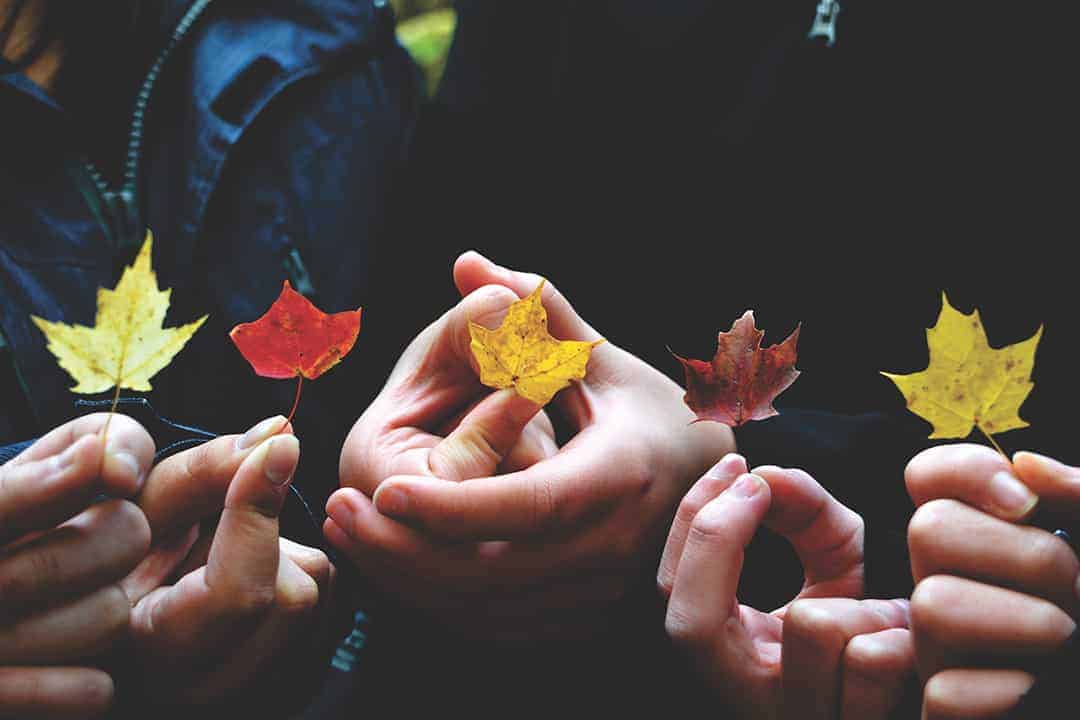Wrong. How often have we heard: “Trust me, if it worked for me, it will work for you” and how many times have we responded with “aah okay, yeah I’ll give it a go” but have actually been thinking “I know this won’t work for me”?
Whether it is a different kind of coffee, route to work, sleeping position and therapies, we are all different and have different reactions to everything. Perhaps it would be easier if humans did have a universal remedy (excluding the Quran which is a healing in itself), but we don’t. Although Allah has said that there is a cure for every illness/disorder – which we should have firm faith in, it doesn’t mean it is the same cure for everyone.
That is exactly what this post is about.
Throughout the month we have discussed different types of talking interventions, placing emphasis on solution focused therapy because despite the difference individuals may have, Islam has a general, forward motion. We have all sorts of promises and rewards from Allah that pulls us, and the infinite Mercy of Allah and the concept of reflecting that pushes us. However, all other solutions beside this cannot so easily be applied to all. This is something important to consider when looking into treatments for your mental health issues.
We are not discouraging you to not take the advice of your friends and family, or the people you may follow online, in fact we are encouraging it because it means you have overcome the first obstacle of accepting you need help. However, what we are emphasising is that you need to take it with a pinch of salt. By all means you should throw yourself into whatever you are trying to start your recovery, of course be open minded and optimistic. However, be sensible of what you expect of the outcome.
It’s easy to overestimate how well counselling will go for you, especially if you have been in a long waiting line or have been fighting yourself relentlessly to get the help you need. Then for it not to have any effect can feel like a total eclipse of the little hope you have left. However, if you start your journey with:
“I’m going to give this a go, if it works, mashAllah, and if it doesn’t, then In Shaa Allah the next one will”.
This way, perhaps the potential let-down may not be as intense.
We need to acknowledge that sometimes just one type of therapy works for some people, whereas others need different types of therapy to unlock the roots of their distress or how to cope with their discomfort. Some therapies are not for some individuals and they may prefer just taking medication, whereas others work best with a combination of drug and talking therapies. You need to find what works for you best, and that can take time, which requires patience. That’s key. Without giving yourself the due time that you need to heal and discover your wellness, it will always feel like you’re chasing something unattainable.
It’s also important to remember that although some of us may not have access to Islamic/Muslim counsellors within our locality or it may not suit our budget, it’s important to remember that you can still utilise the resources around you and implement tips from the Quran and Sunnah yourself (and with a little support from us). Don’t forget that you can also get in touch with our support team by visiting our get help page.
So how should we conclude?
- Take advice with a pinch of salt.
- Hope for the utmost best, but have realistic expectations (you won’t be“cured” overnight)
- Remember that this is a worthwhile journey which takes careful deliberation, and not a quick trip to the shop.
- Empower yourself, and do your own research. Tap into your skills and limitations and use them to help you.
- Be patient and every now again, step back and say “Well done. You got this”
We believe that you have got this. Have you got some tips to share around this topic? Comment below and we look forward to reading them!





Thanks for this article. I found it really encouraging. I am at the stage of working out how to get the right kind of help- or any help at all! (It is harder than I thought to access professional guidance and help!) Reading this is some good preparation.